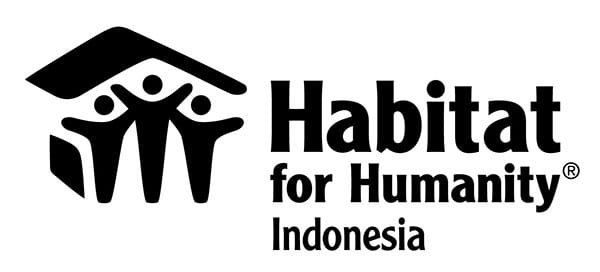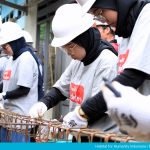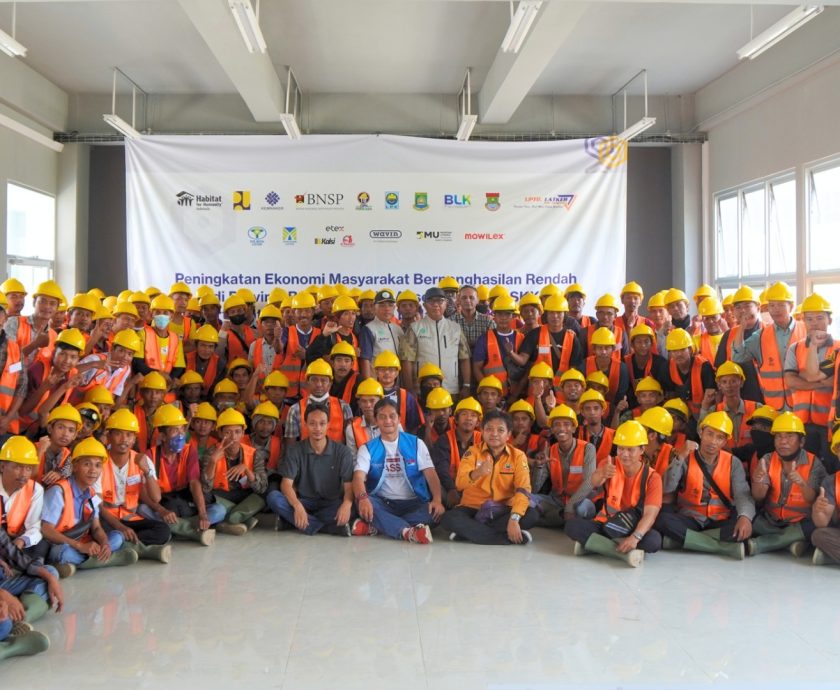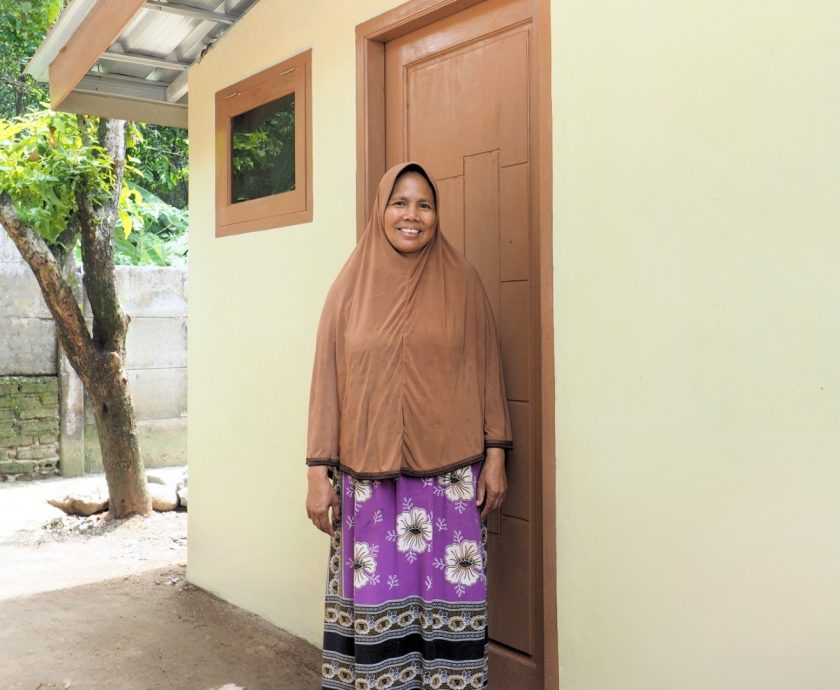National Waste Awareness Day (HPSN) has become an annual agenda commemorated every February 21st. This commemoration aims to remember the events that occurred at the Leuwigajah Landfill in Cimahi, West Java, on February 21, 2005.
Quoted from the Kendal District Environmental Service website, the garbage mountain at the Leuwigajah Landfill claimed 157 lives. The incident occurred due to heavy rainfall and a methane gas explosion in the garbage pile. As a result of this event, two villages (Cilumus and Pojok) disappeared from the map due to being engulfed by landslides of garbage originating from the Leuwigajah Landfill. This tragedy led to the birth of National Waste Awareness Day (HPSN), commemorated precisely on the date of the incident.
Based on Circular Letter No. 2 of 2024 from the Ministry of Environment and Forestry, this year’s theme is “Atasi Sampah Plastik Dengan Cara Produktif“. The chosen theme is motivated by the ongoing serious issue of plastic waste both nationally and internationally. Plastic pollution has become a global issue due to its transnational and cross-border nature. According to data from the United Nations Environment Programme (UNEP), the amount of plastic waste entering aquatic ecosystems could nearly triple by 2040 if no efforts are made to prevent plastic pollution, which in 2016 amounted to 9 – 14 million tons, potentially reaching 23 – 27 million tons per year by 2040. Most of the plastic ending up in water bodies or oceans is generated from land-based sources that require comprehensive legal and institutional frameworks in waste management processes.
The year 2024 is a crucial moment to prioritize the issue of plastic pollution resolution. Habitat for Humanity Indonesia invites all parties to continue taking various steps and efforts to promote conducive sustainable living by collecting and sorting plastic waste.
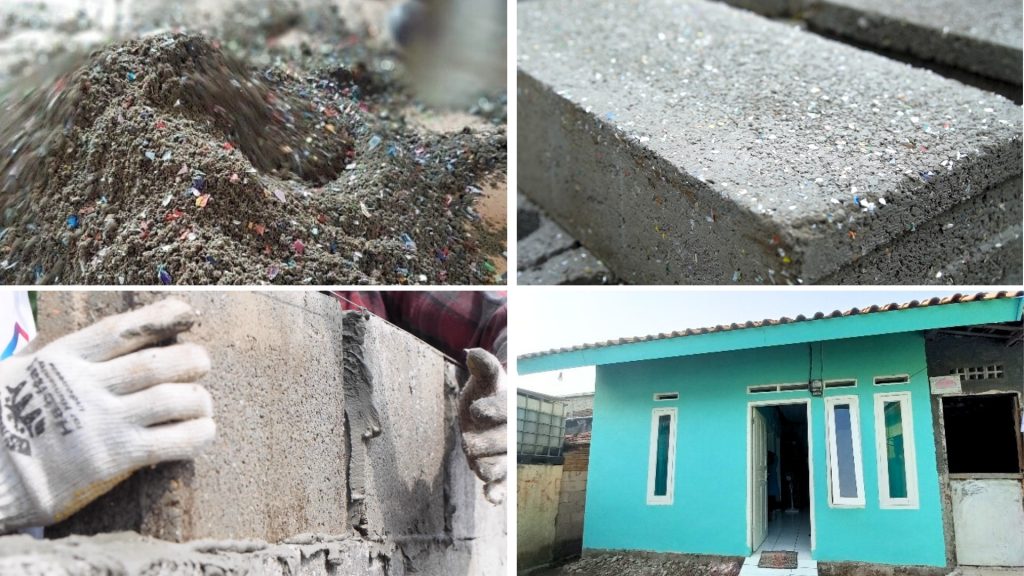
Currently, Habitat Indonesia, in collaboration with Rebricks as a plastic waste processing company, has been using environmentally friendly building materials such as paving blocks, hollow blocks, and rosters to build houses. The types of plastic waste used for building materials include plastic bags, multi-layered plastics (sachets), bubble wrap, soft plastics, and others. Each building material produced contains 2 kg/m2 of plastic waste, and with 11 environmentally friendly houses built by Habitat, 2,790 kg of plastic waste has been reduced.
Through the commemoration of National Waste Awareness Day, Habitat for Humanity Indonesia invites the public and communities to donate to build environmentally friendly, decent homes for low-income families in Indonesia. You can donate monthly at the following link: https://form.jotform.com/80521506673454 or visit the website: https://oldweb.habitatindonesia.org/donate
